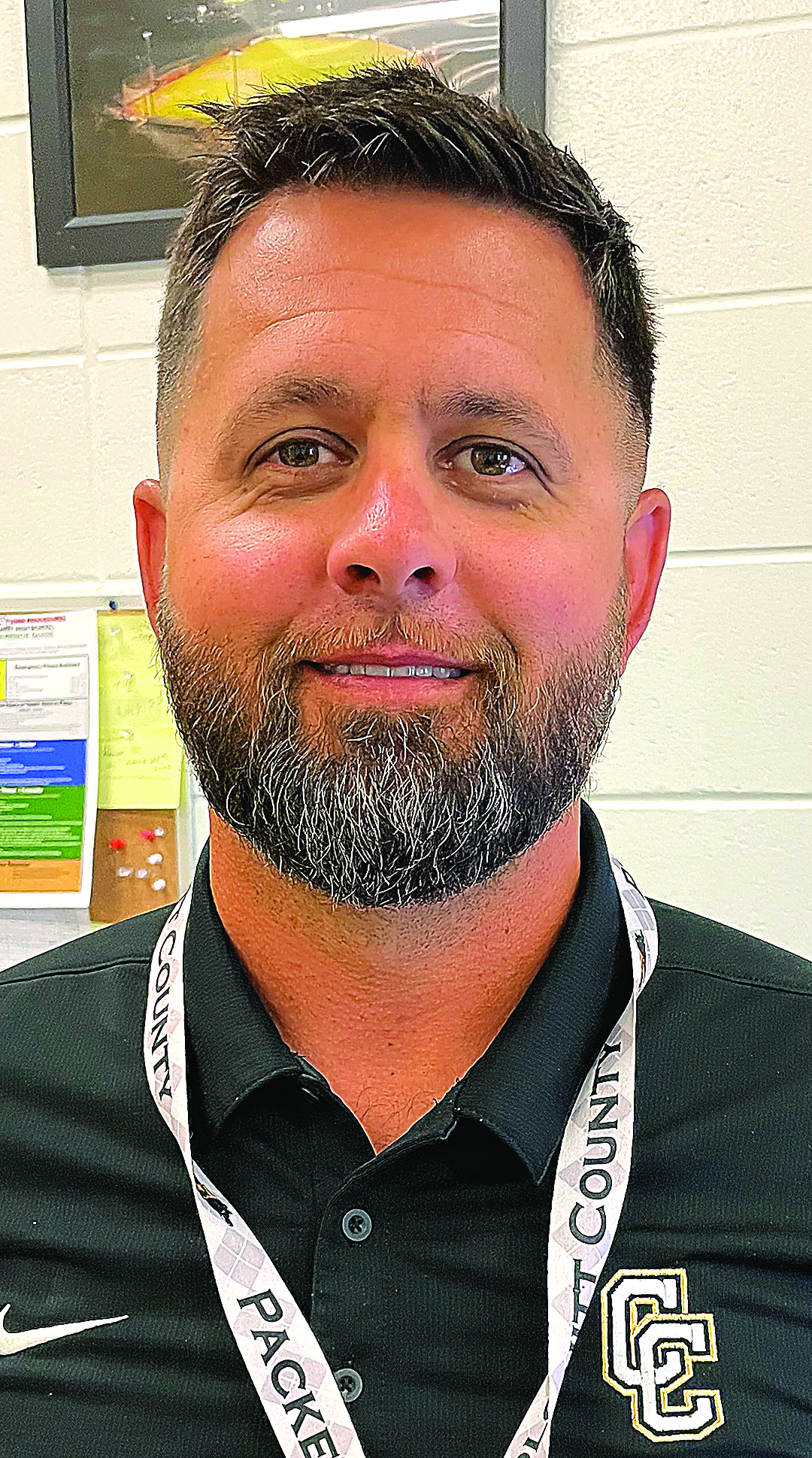DEAN POLING: Rooting out the American enemy within
Published 4:30 pm Wednesday, September 18, 2024
At the end of the Cold War, I recall reading an article about who would James Bond battle now that the Soviet Union had collapsed.
James Bond was the hook but the true premise of the article was more about what who becomes a people’s enemy when their long-time enemy is vanquished or disappears?
Trending
It’s been 30-plus years since reading the article so I don’t recall the author or even the publication but the gist was a nation without an external enemy may well begin seeing enemies within.
Nothing new, even back in the 1990s. Enemies within have been a part of America since the beginning. Native Americans battling newcomers; then, for centuries, the newcomers and American expansion displacing and dooming Native American tribes. People arriving in the New World with different religious beliefs distrusting one another. Empires battling over colonial rights in America. Colonial American British subjects declaring independence from British oversight. Federalists vs. Democratic-Republicans. Abolitionists vs. slaveholders. North vs. South in the Civil War. Jim Crow laws. Immigration concerns. Isolationists vs. expansionists. Left vs. Right.
Still, for decades after World War II, Russia was our national enemy, through the rise of the Berlin Wall followed by the Berlin Airlift, to the foreign policy of containment to stymie the spread of communism, to Soviet Premier Nikita Khrushchev banging his shoe on a podium with promises to bury us, to the nuclear arms race, to the Cuban Missile Crisis, to sweaty-palmed near misses with nuclear catastrophe …
Americans hated Russians, but in an abstract way.
Most Americans did not know any Russians. We knew what we saw of them on the news or from the stories of dissidents but mostly as the bad guys in movies, novels, TV shows, comic books. We only had an idea of what a Russian might be. Still, most Americans, from both sides of the political aisle, agreed: The Soviets were a threat to our way of life.
In America, throughout the Cold War, the nation faced many social issues at home. Americans did not live in harmony with one another. Differences existed and were exploited. But many Americans had the shared experiences of the Great Depression, World War II and living under the uncertainty of nuclear destruction.
Trending
Make no mistake. Americans were not holding hands and singing Kumbaya. That would be a myth. But there was a sense of common experiences and a common enemy holding the diverse fabric of the nation together. Common cause as the national thread.
So, suddenly after a couple of generations and a handful of decades, the Soviet bogeyman was gone. A few more years, the majority of people who had the shared experience of World War II began passing away.
The common thread was broken.
Americans no longer agreed on what constituted a threat to our way of life. And though Americans have always had different ways of life, we no longer agreed on what our way of life means in terms of facing an enemy.
And while the Russians were abstract enemies, our enemies within are all too real – a neighbor who thinks differently is just next door, a co-worker who believes differently is at the next desk … the former classmate who thinks differently is no longer an old friend but a new enemy.
If we could hate an enemy we did not know, think how easily we can hate someone we do know, who does not see things the way we see them.
Some people may think of the famous line from Walt Kelly’s cartoon possum Pogo: “I have met the enemy and he is us.”
Kelly reportedly penned the line in response to environmental concerns of litter and pollution.
Some seem to think “I have met the enemy and he is us” applies to Americans today, seeing enemies within our country.
But one of the cartoons depicts Pogo looking into a mirror as he says the famous line.
The enemy isn’t the neighbor across the street, or the co-worker at the next desk, or the old friend on Facebook, the enemy is the hate in our hearts for one another.
That is the enemy within.
Dean Poling is a former editor with The Valdosta Daily Times and The Tifton Gazette.





